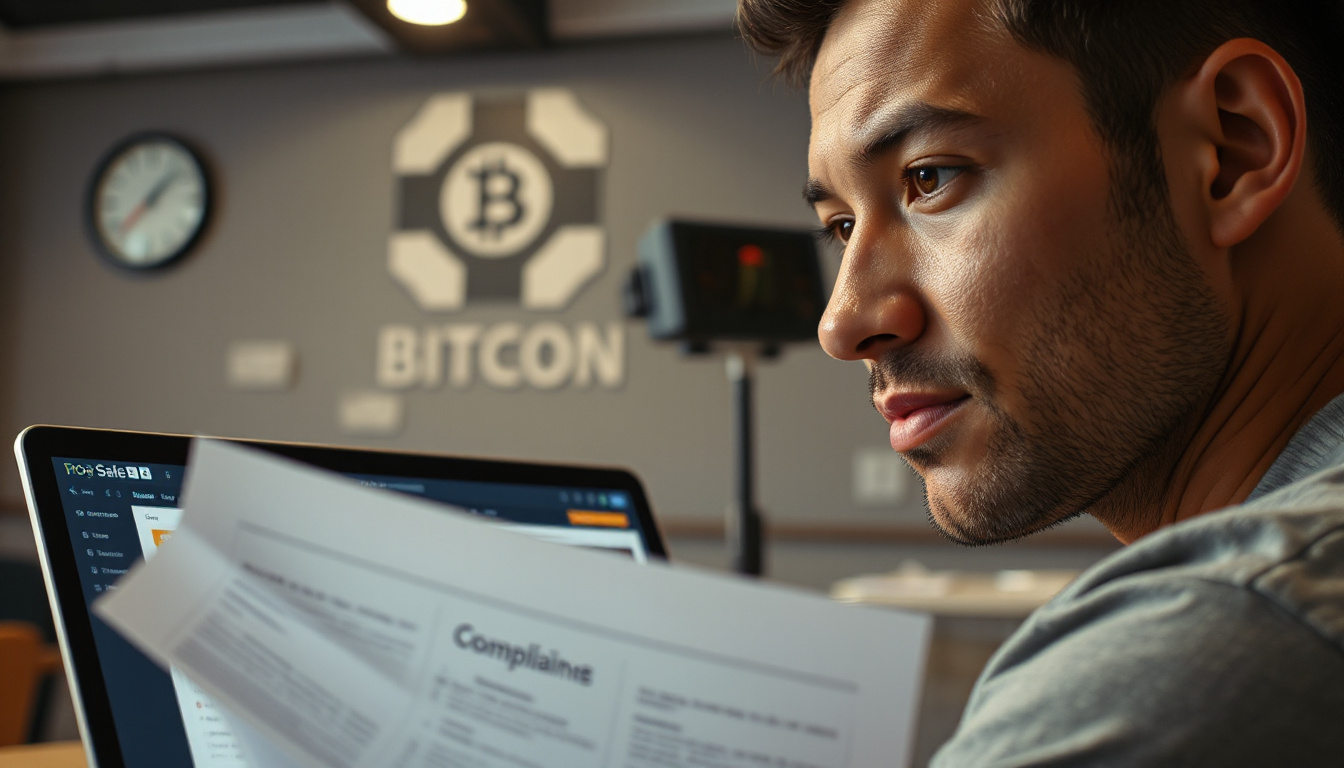Finding Your Way Through Cryptocurrency Gambling Licenses: A Full Guide
Are you set to open a crypto casino or join the fast-growing crypto gambling scene? One major step is to grasp crypto gambling licenses. How do the licenses work? What rules apply? Where can you work or play safely? This guide gives clear points on trends, rules, and top spots for both operators and players.
Why Crypto Gambling Licenses Count
Crypto gambling changes how people wager online. Digital cash like Bitcoin and Ethereum brings new speed, clear payments, and privacy. Yet, crypto’s border-free design brings legal issues.
A license does more than fill out a form:
- Legal rules: Operators with a license meet money trail and client-check rules.
- User trust: Casinos with a license show fair play and secure funds.
- Service links: Banks, tech partners, and payment firms stick with licensed groups.
- Market reach: Many areas ask for licenses to offer gambling services.
- Name and life: Operation without a license may harm a company’s name and future.
Running a crypto casino without a license may seem simple, but it risks business loss and player safety.
The Shifting Map: How Countries View Crypto Gambling
Laws on crypto gambling differ much from one place to another. Here are views from several key places.

United Kingdom
- The UK regulator does not ban or confirm crypto gambling outright.
- Operators that have a license can take crypto money if they check money trails well.
- New rules require checking sources for crypto funds above £2,000.
- Crypto sums turn into regular money on the site to cut risk from price swings.
This sound but careful plan gives the UK a steady ground for new ideas in crypto gambling.
United States
- Gambling rules change by state.
- Some states like Nevada set up rules for Bitcoin casinos.
- In other states like Utah, gambling is banned completely.
- Many players in the U.S. turn to offshore sites due to these mixed rules.
The U.S. holds both tests and doors that make operators choose states with care.
Malta
- Malta leads in rules for crypto gambling.
- The Maltese authority set up a test zone for crypto work.
- In 2023, Malta set a law that asks for smart contract tests and safe storage rules.
- Malta gives licenses made for crypto casinos. This brings clear legal limits and boosts trust.
Malta’s setup draws operators who want access to Europe.
Asia
- China stops almost all gambling and crypto deals.
- Japan allows crypto but keeps tight limits on gambling.
- South Korea stops its citizens from crypto gambling while letting foreigners play in a limited way.
In Asia, both players and operators must act with care because of strict and sometimes unclear rules.
Other Spots
- Costa Rica and Curaçao: Known for quick and simple licensing; they need less oversight.
- Isle of Man: A friendly place for crypto with firm money laws.
- Kahnawake (Canada): Gives trusted licenses for North American work.
Types of Crypto Gambling Licenses
There is no special "crypto gambling license." Most licenses cover games or betting and include crypto rules.
Local Licenses
Operators get these to run games in one country.
- For example, each state in the U.S. needs its own permit. A Nevada permit does not work in New Jersey.
- The UK license works like this with added crypto checks.
International Licenses
These let companies work in more than one area.
- A master license in Curaçao can let you issue smaller permits to other groups. Rules may change by 2025 to split permits into those for consumers and those for partners.
- A sub-license from Curaçao helps new startups.
- Malta issues a license for direct consumer services in Europe.
- Malta also gives a supply license for firms that build game systems.
The Licensing Steps for Operators
To get a crypto gambling license, operators must:
• Set up a registered company in the chosen area.
• Build clear checks for money trails and client status.
• Get game software tested and audited to prove game fairness.
• Keep clear records and follow set rules.
• Set rules to keep player funds safe, such as storing crypto in offline systems.
Some areas like Curaçao give quick and low-cost ways, while places like Malta ask for a deeper, more costly process that brings more safety.
How Players Can Play Smartly
Players who wish to join crypto casinos should:
- Check the license on the site with trusted bodies like the Maltese or UK regulators.
- Make sure the site runs strong client checks.
- Look into reviews, public reports, and audit papers.
- Learn how the site treats crypto swings and if it changes crypto to regular money.
- Stick with sites that work under clear local rules.
Last Thoughts: A Changing Field
Crypto changes how online betting works. It brings fast payments and more privacy. Still, the changing law calls for caution from both operators and players.
A fitting crypto license makes a business legal while giving players trust. From Malta’s steady rules to state-specific U.S. laws, operators must weigh legal steps against new market doors.
For players, using licensed sites and knowing local rules means a safer betting time.
Next Moves
• Operators: Speak with legal experts to pick the best area to set up your crypto betting site.
• Players: Confirm the license details of any crypto casino and keep track of local game laws.
• Both: Stay alert for changes in rules as governments work on new laws for crypto gambling.
The world of crypto gambling licenses holds many parts but can work well with clear steps and proper planning.






























